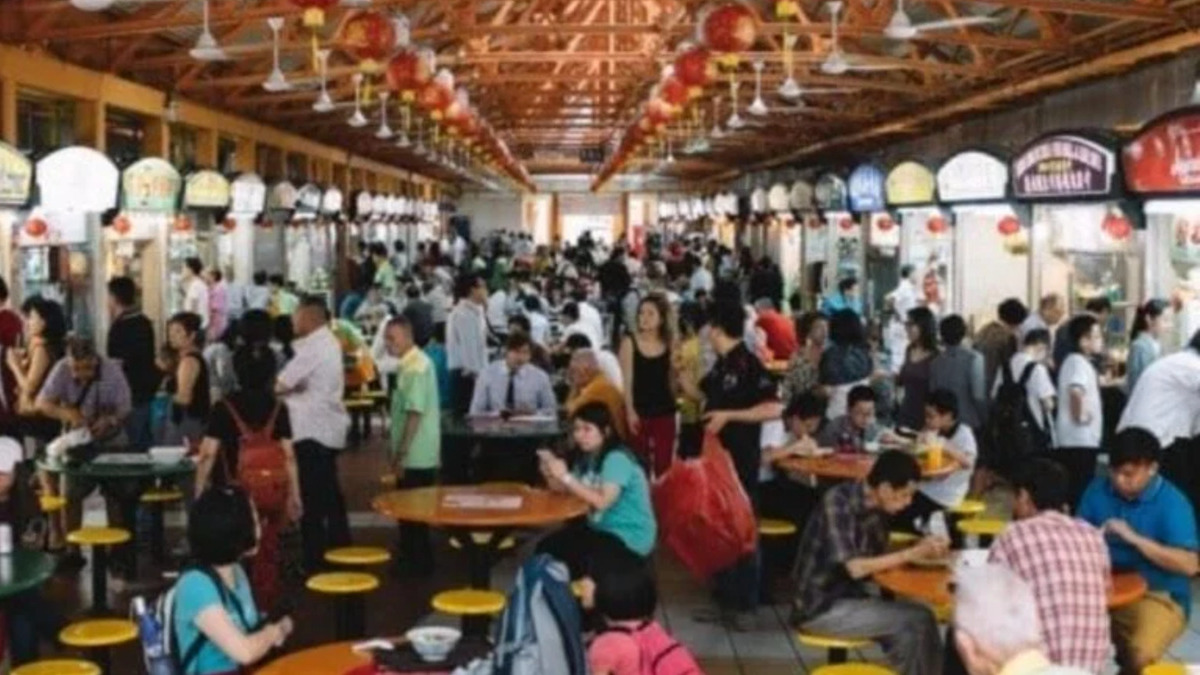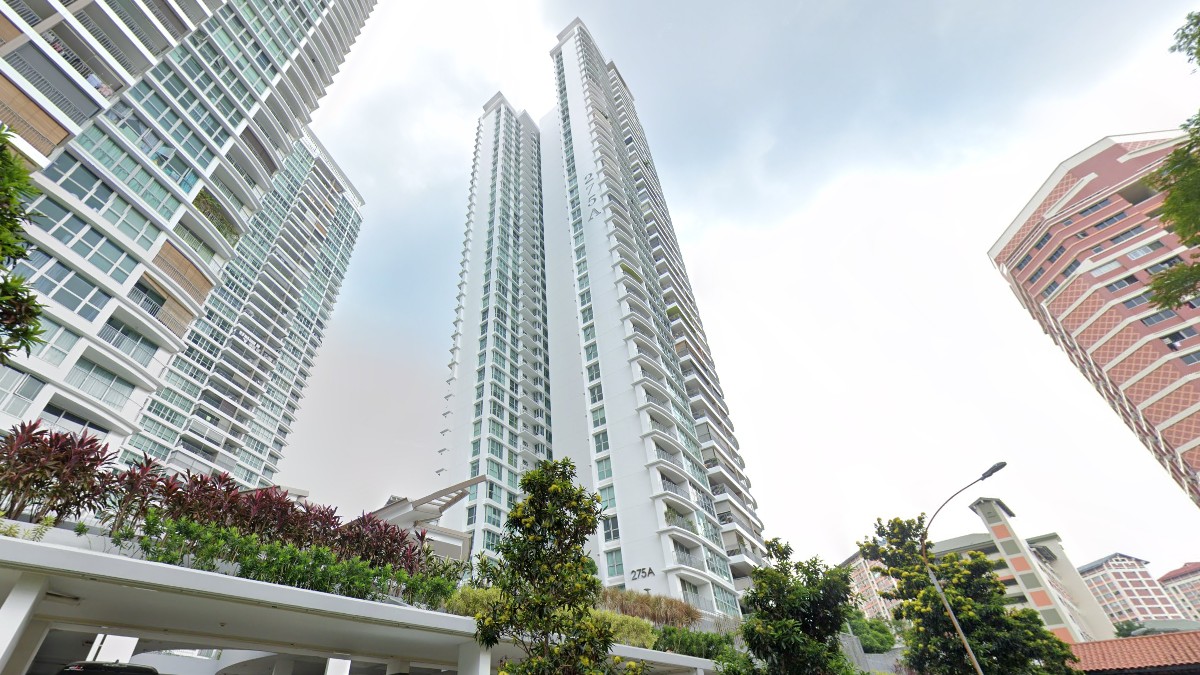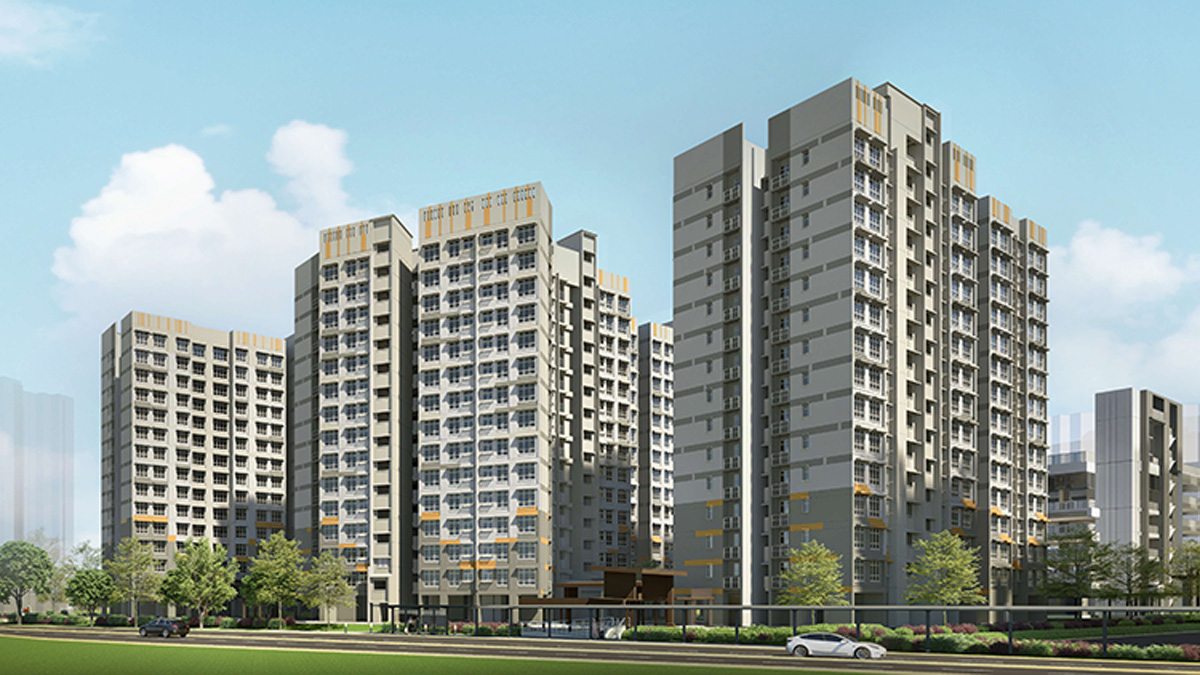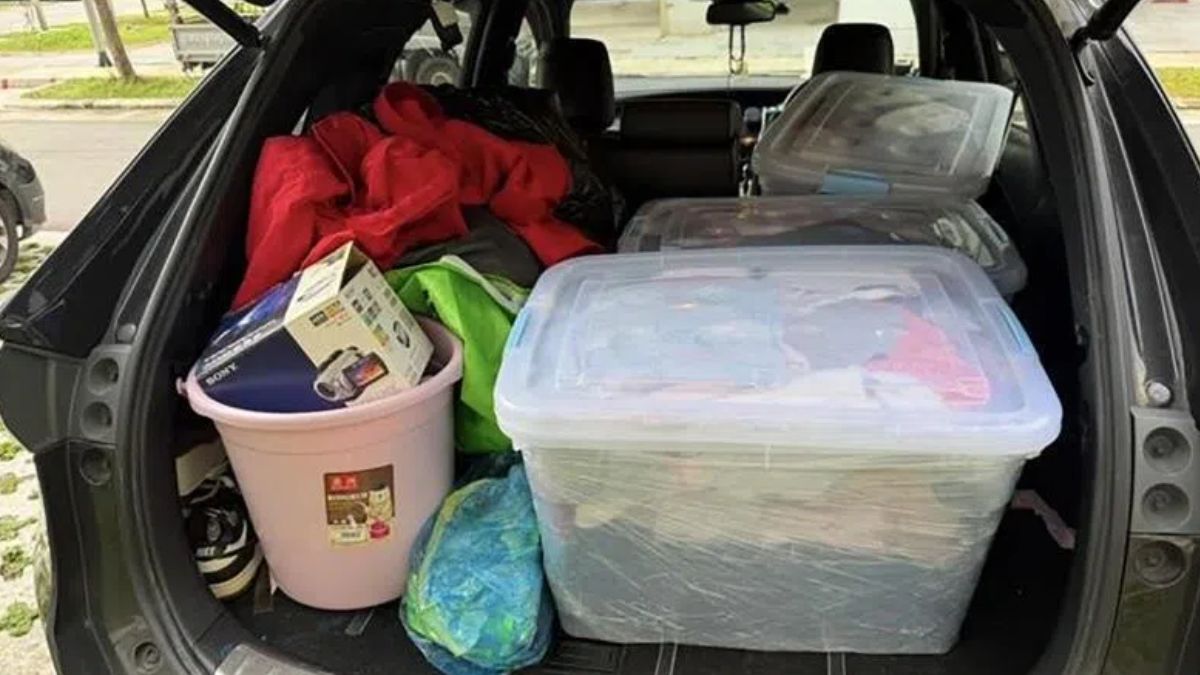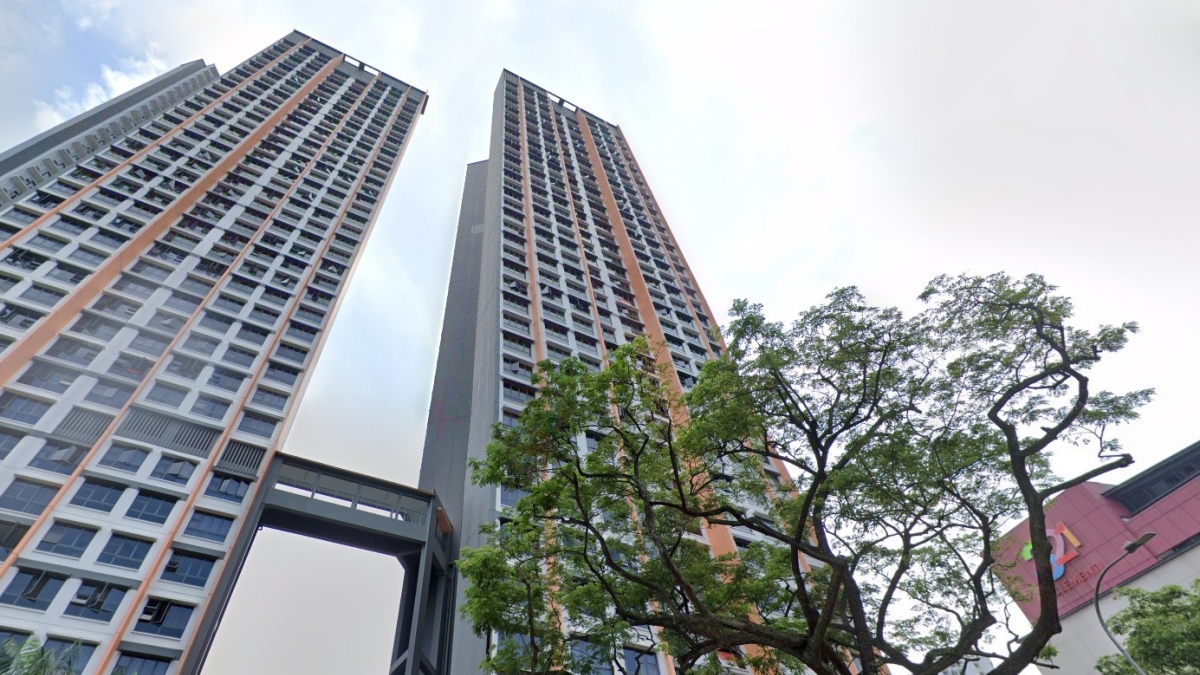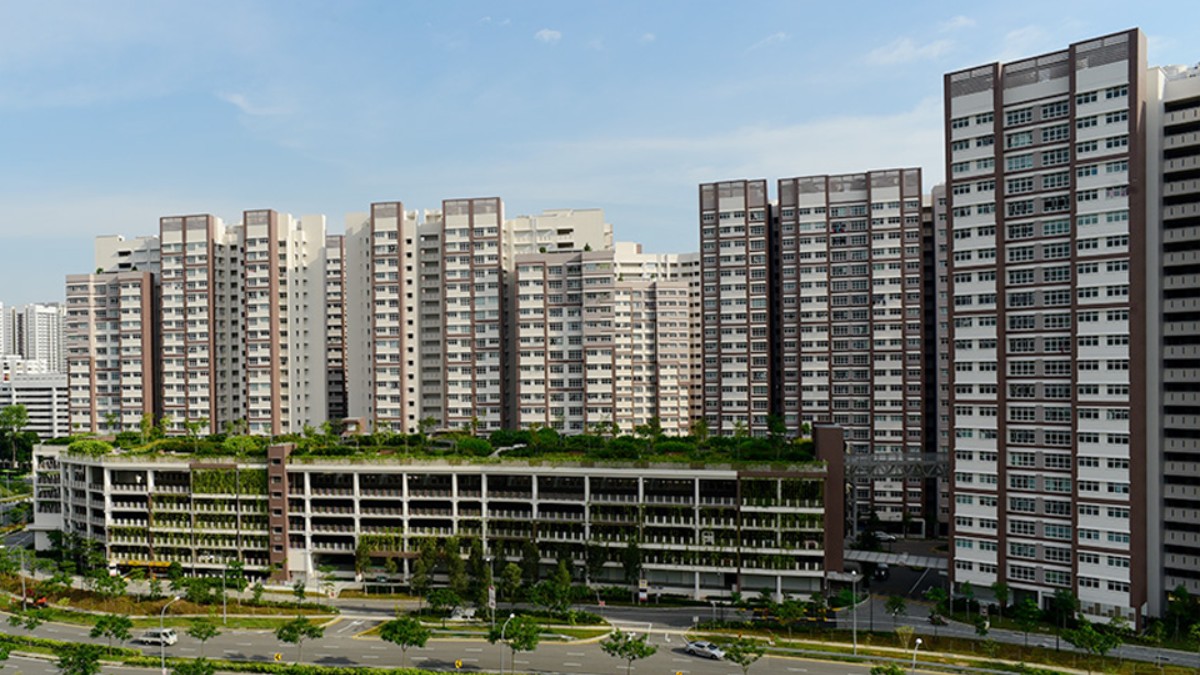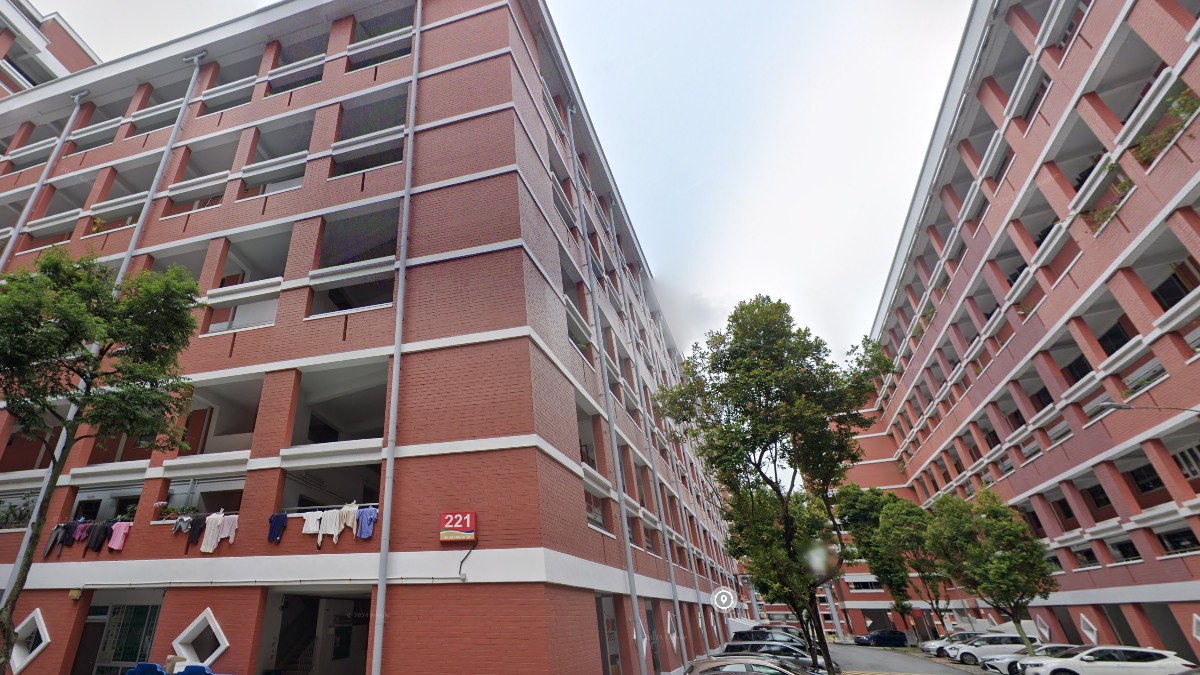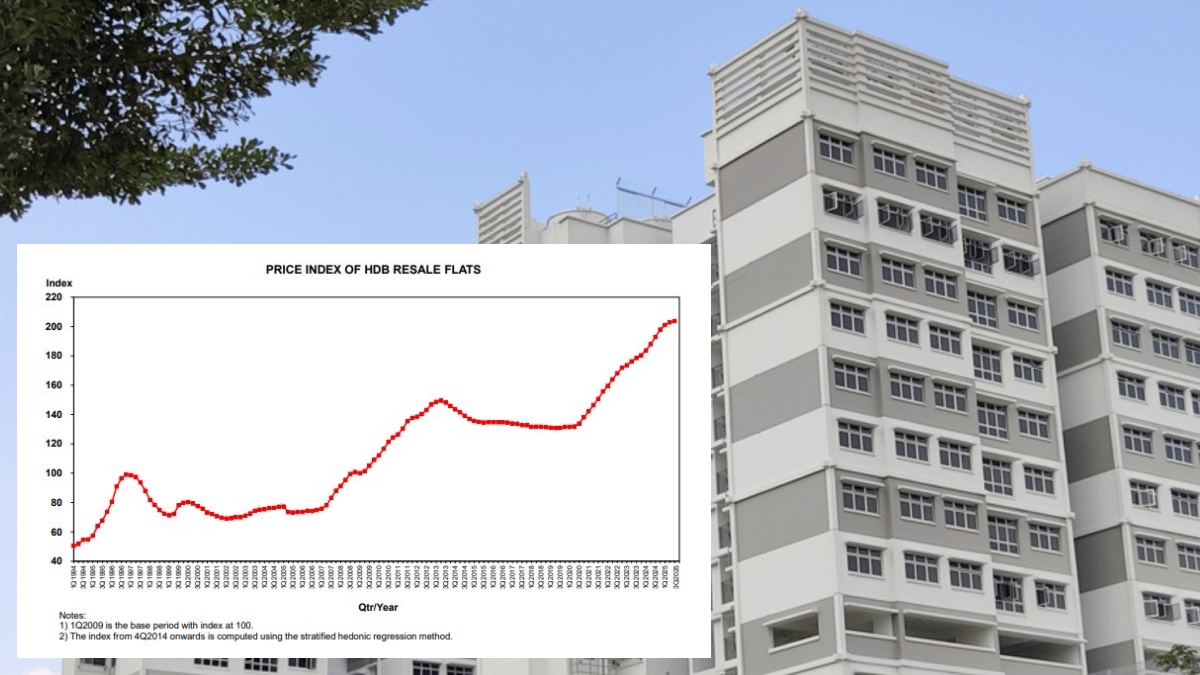HDB reports S$6.34 billion net deficit for FY2024 as housing costs and upgrades rise
Singapore’s Housing and Development Board (HDB) posted a S$6.34 billion net deficit for FY2024, with most losses stemming from subsidised housing and upgrading projects. Despite the shortfall, HDB reaffirmed its commitment to affordable housing and announced plans to build 55,000 new flats from 2025 to 2027.
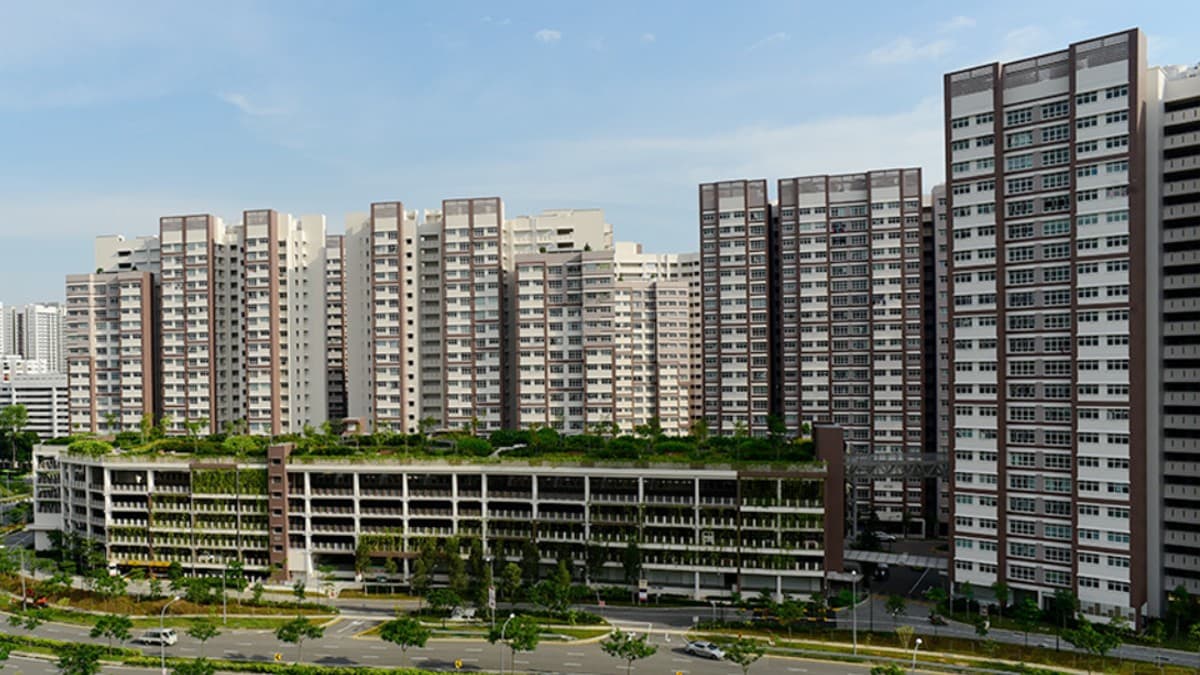
- The Housing and Development Board (HDB) recorded a net deficit of S$6.34 billion for FY2024, slightly lower than the S$6.78 billion shortfall in FY2023.
- Home ownership costs accounted for S$5.51 billion of the deficit, while upgrading programmes and estate improvements added S$532 million.
- HDB plans to launch about 55,000 new flats from 2025 to 2027, including 4,000 shorter-waiting-time units annually from 2026.
The Housing and Development Board (HDB) announced on 11 November 2025 that it incurred a net deficit of S$6.34 billion (US$4.86 billion) for the 2024 financial year.
This marks a modest improvement from the record S$6.78 billion deficit in FY2023.
According to HDB, the deficit stems from its long-standing practice of selling flats below development cost and providing housing grants to eligible buyers.
“HDB incurs a significant deficit every year, as the amount collected from the sale of flats is lower than the total development cost of Build-to-Order (BTO) flats and housing grants disbursed,” the board said in a media statement.
Home ownership and losses on flat sales
Of the total FY2024 deficit, S$5.51 billion arose from the home ownership segment, which covers flat development, sales, and disbursement of housing grants.
An additional S$532 million was spent on upgrading programmes.
HDB’s gross loss on flat sales grew to S$1.77 billion for the 14,900 flats completed in FY2024, up from S$1.37 billion the year before.
Provisions for foreseeable losses on flats under development also rose, reaching S$2.69 billion, as HDB began development of around 23,600 flats during the year.
The board explained that when new projects begin, provisions are made for estimated losses, as flats are sold at subsidised prices.
These provisions are adjusted as construction progresses and released when keys are issued to buyers.
Grants and rental housing support
HDB disbursed S$881 million in housing grants to buyers of resale flats and executive condominiums in FY2024, compared to S$999 million in the previous year.
The board also spent S$159 million on providing and maintaining rental flats for lower-income households, slightly below the S$160 million spent in FY2023.
“These programmes ensure that Singaporeans, regardless of income, continue to have access to quality and affordable homes,” the board noted.
Increase in upgrading and ancillary spending
Expenditure on upgrading programmes rose significantly by 34 per cent, from S$396 million in FY2023 to S$532 million in FY2024.
HDB attributed the rise to more Home Improvement Programme (HIP) projects reaching peak construction phases.
Other initiatives, such as the Neighbourhood Renewal Programme and Lift Upgrading Programme, also contributed to higher spending.
Spending on residential ancillary functions, including lease administration and car park management, climbed 28 per cent to S$570 million.
The increase was mainly due to higher costs from the Electrical Load Upgrading Programme, as more blocks were upgraded to meet residents’ power needs.
Continued commitment to affordability
Despite the substantial shortfall, HDB reaffirmed its mission of keeping public housing within reach.
“Our substantial deficit in FY2024 reflects our unwavering commitment to providing affordable and quality homes for Singaporeans,” said HDB Chief Executive Officer Tan Meng Dui.
The board reported that nine in 10 first-time families who collected keys to their BTO flats in 2024 could service their loans entirely through Central Provident Fund (CPF) contributions, with little or no cash payment required.
To meet future demand, HDB will launch about 55,000 new flats from 2025 to 2027, including 4,000 flats per year with shorter waiting times from 2026 onwards.
These efforts aim to reduce waiting periods and widen housing options for families with urgent housing needs, said HDB Board.


